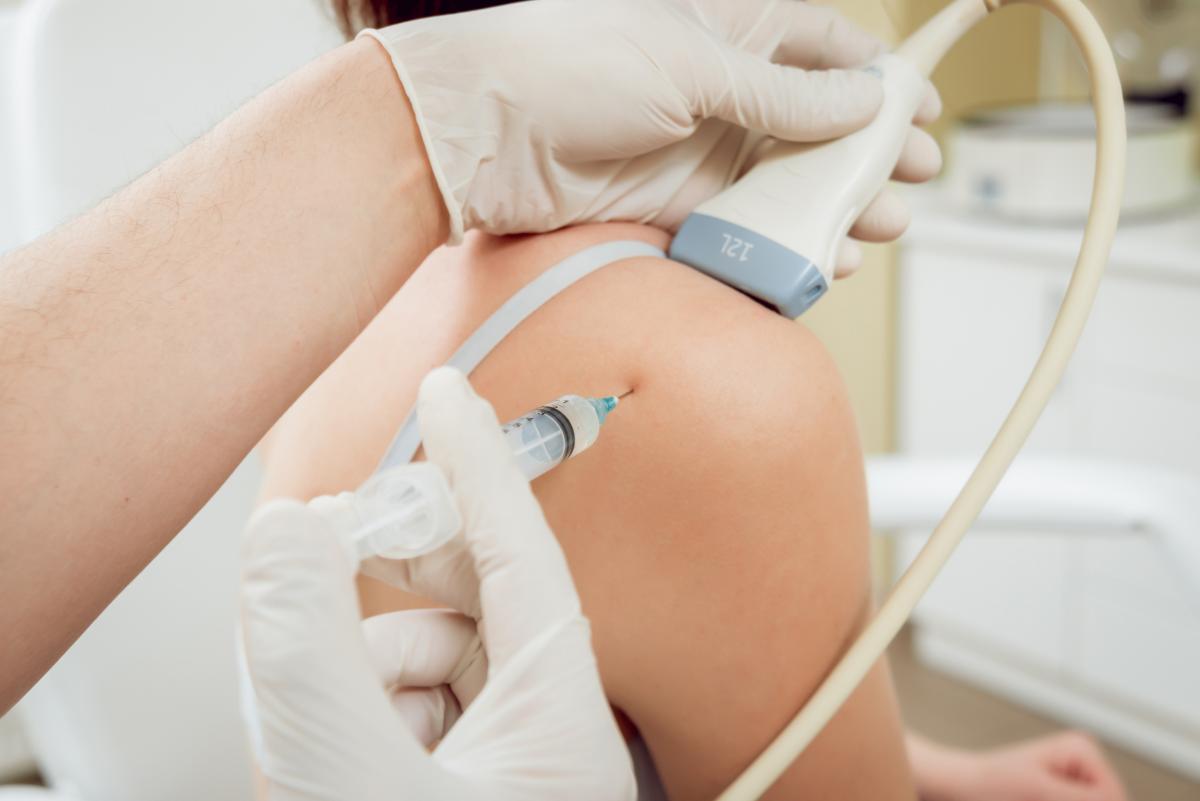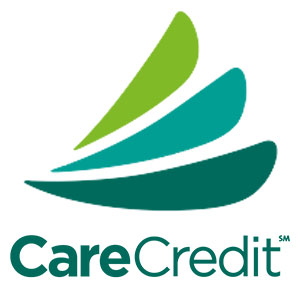Understanding PRP Injections and How They Can Benefit You

April 2022
PRP injections are becoming increasingly popular among injured athletes and individuals with musculoskeletal pain. Whether your pain is acute or chronic, you’re probably looking for a treatment that’s effective, minimally invasive and low risk. PRP injections are considered a natural, holistic addition to traditional pain treatments. They are intended to enhance the body's own regenerative abilities so healing can occur.
PRP injections are gaining popularity among people with a variety of conditions, including sports injuries, degenerative joint diseases and chronic joint inflammation.
What Is PRP and How Does It Work?
PRP stands for platelet-rich plasma, which is plasma enriched with more platelets than normal. To create this serum, a medical professional draws your blood and places it in a centrifuge. This device will separate the platelet-rich plasma from the rest of your blood.
After isolating the plasma, the clinician will inject it into the targeted treatment area. As the platelets target the affected area, they release a plethora of proteins and growth hormones to induce tissue regeneration and healing. Because the blood comes from you, there is no risk of rejection or contracting blood-borne diseases, like hepatitis or HIV.
Many people claim to experience improvement after a single PRP treatment. However, most individuals are said to experience best results after four to six injections. Your pain management doctor or orthopaedist can discuss the ideal scheduling and number of injections for your condition or injury.
Who Might Benefit from PRP Injections?
People with pain and muscle, joint, tendon or ligament injuries may find relief through PRP injections. Some common types of pain PRP injections may help alleviate include:
- Jumper’s knee
- Tennis elbow
- Arthritis
- Pulled hamstrings
- Plantar fasciitis
- Sprains
- Herniated discs in the low back
Jumper’s Knee
Jumper’s knee is a common name for patellar tendonitis--an injury of the tendon that extends the knee. Jumper’s knee can happen to anyone, but it’s most frequently experienced by athletes who engage in repetitive movements of the knee. Over time, repetitive strain can lead to an inflammatory response and pain.
While some people may find relief and improvement from rest and ice compressions, for many, the pain becomes too intense and chronic for DIY pain management. This is when PRP injections may help to not only treat the pain but also heal the injured tendon.
Tennis Elbow
Lateral epicondylitis, commonly known as tennis elbow, is a type of overuse injury caused by repeated stress on the elbow tendons. The injury is common among athletes and service or construction workers.
Repetitive movements that can cause the condition include things like overusing a tennis racket, an improper swimming stroke, heavy lifting, painting with a roller or operating a chainsaw.
Tennis elbow symptoms can be managed with a variety if treatments, such as pain medication or cold therapy and injections. PRP injections may help minimize the pain and speed up recovery.
Arthritis
Arthritis causes persistent pain, swelling and inflammation in the joints. Even though there are several types of arthritis, they all typically stem from aging or past injuries. While there’s currently no cure for arthritis, symptoms can be alleviated with pharmaceuticals, physical therapy and surgery.
Patients who are looking for non-surgical ways to treat their advancing arthritis may find relief from PRP injections to the affected areas, such as knees, wrists, hips or shoulders.
Are There Any Side Effects of PRP Treatment?
PRP injections are considered generally safe. However, as with all other medical procedures, there is room for potential side effects.
Most commonly observed side effects of PRP injections include:
- Pain at the site of injection
- Infection
- Nerve damage
- Swelling
- Bruising
Be sure to discuss potential risks of PRP injections and how best to avoid post-injection complications with your doctor.
Explore Non-Surgical Pain Management Options in Georgia
If you’re looking for a non-invasive, non-pharmaceutical treatment for nagging pain symptoms, pain management injections or regenerative therapies may be the right option for you.
At Non-Surgical Orthopaedics, we offer a diverse array of injection treatments to help you manage your pain and experience an improved quality of life.
To learn more or to schedule an appointment, call (770) 421-1420.






